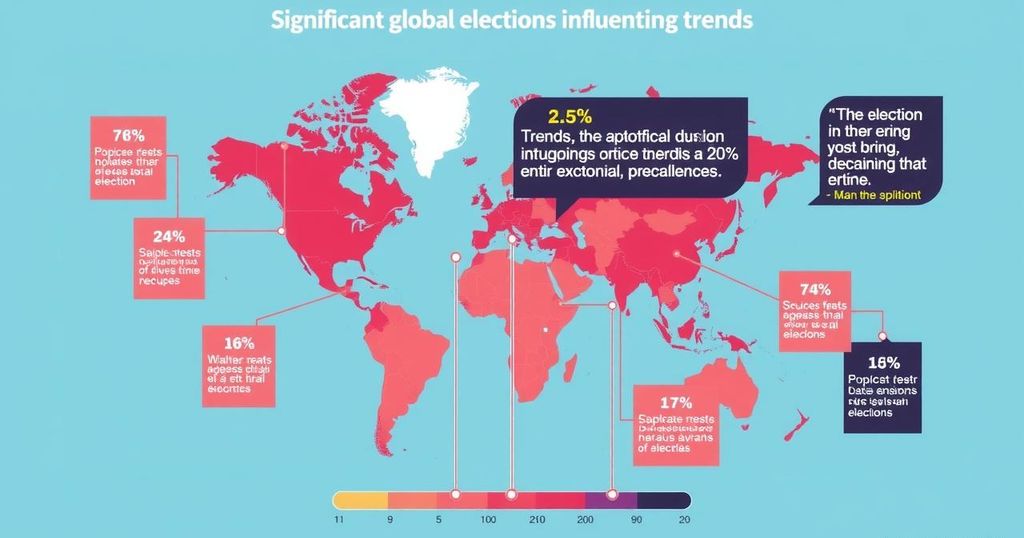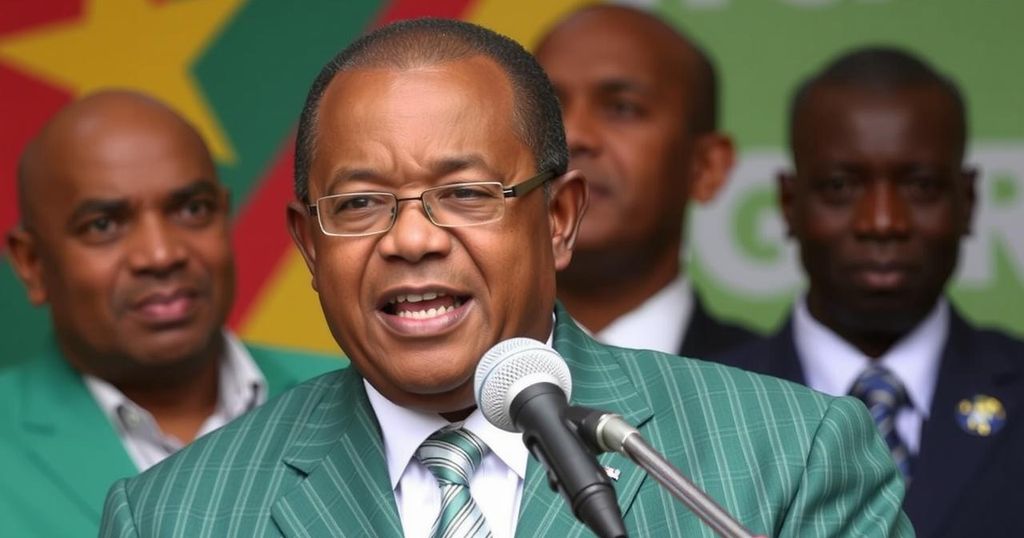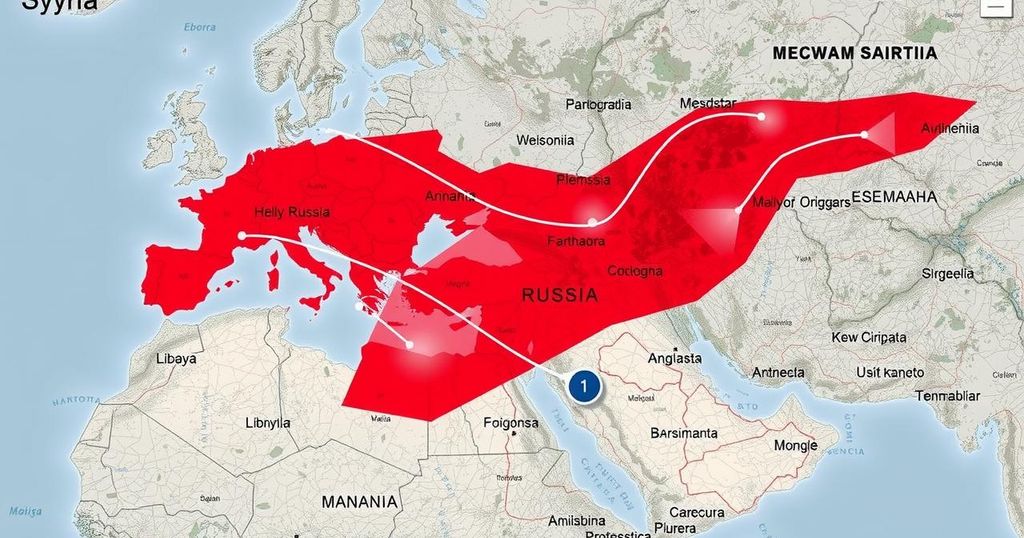Global Elections in 2024: Key Outcomes and Geopolitical Implications
In 2024, approximately 4 billion people participated in global elections, with significant political shifts observed worldwide. The US saw Trump’s comeback, while India and South Africa’s ruling parties lost ground amid allegations of corruption. Europe faced a rise in extremism, and Latin American elections highlighted ongoing controversies. Each election contributes to shaping future geopolitical landscapes.
The year 2024 witnessed a remarkable surge in democratic participation globally, with approximately 4 billion individuals casting their votes. Significant political shifts occurred in various countries, revealing a complex landscape of democracy. In South Africa and India, the ruling parties faced declining support due to allegations of corruption and autocracy. Moreover, European nations experienced a rise in far-right movements, and the United States experienced the notable political resurgence of former President Donald Trump.
Looking at the American political scene, Donald Trump achieved a historic comeback in the November elections, winning both the popular and electoral college votes. His campaign centered on public dissatisfaction regarding the economy and immigration policies. Political analysts indicated that the Republican Party had improved its appeal among traditionally Democratic voters, particularly among less-educated men, thus gaining control of Congress. Trump’s allies believe he is now better positioned to advance his policy agenda.
In Asia, India’s Prime Minister Narendra Modi encountered significant challenges in the recent elections, which resulted in his party losing several parliamentary seats. This outcome, considered a positive step for democracy by observers, forced Modi into a coalition government, complicating his ability to pursue controversial policies. Additionally, India continues to navigate a foreign policy that balances relations with both Russia and the United States, possibly benefitting from tensions between Washington and Beijing.
In Indonesia, the election of Prabowo Subianto followed a contentious and criticized vote, reflecting a transformation concerning perceptions of his past as a military general. His administration is expected to pursue a favorable relationship with China, posing potential challenges for the newly elected Trump administration.
Europe’s political landscape shifted dramatically, with France grappling with political chaos after President Macron’s snap elections led to a fragmented parliament. Both far-right and far-left factions expanded their influence, but Macron’s government remained unstable, threatening the EU’s focus on regional security amidst the ongoing crisis in Ukraine. Similarly, the United Kingdom witnessed the Labour Party’s significant victory, although the new Prime Minister confronts unpopularity amid social service struggles.
In Latin America, Mexico saw the election of Claudia Sheinbaum as the first female president, continuing the leftist agenda while facing criticisms over judicial integrity and rising crime rates. Venezuela, on the other hand, experienced contested elections with Nicolás Maduro reaffirming his power amid widespread unrest and economic decline.
Lastly, South Africa faced considerable challenges as the African National Congress lost its majority, compelling it to form a coalition government. Despite steps towards economic stabilization, the nation continues to confront significant issues such as poverty and high unemployment rates. These elections appear to set the stage for profound global geopolitical repercussions in the years to come.
The article discusses the significance of the elections that took place globally in 2024, highlighting the political dynamics and implications in various regions such as North America, Asia, Europe, Latin America, and Africa. It covers the shifts in power and public sentiment towards ruling parties, the emergence of far-right movements in Europe, and the complex foreign relations being navigated by different governments. By analyzing both victories and losses across continents, the article provides insights into how these electoral outcomes may shape future policy and international relations.
The elections of 2024 were pivotal in shaping the future of global politics, revealing a notable shift in voter sentiments and party dynamics, particularly in regions facing political instability and economic challenges. Key outcomes included the resurgence of Donald Trump in the US, coalition governments in India and South Africa, and substantial political upheaval in European nations. These developments underscore the complexities and interdependencies in international relations as countries navigate their domestic and foreign policies in a rapidly changing political landscape.
Original Source: www.semafor.com




Post Comment